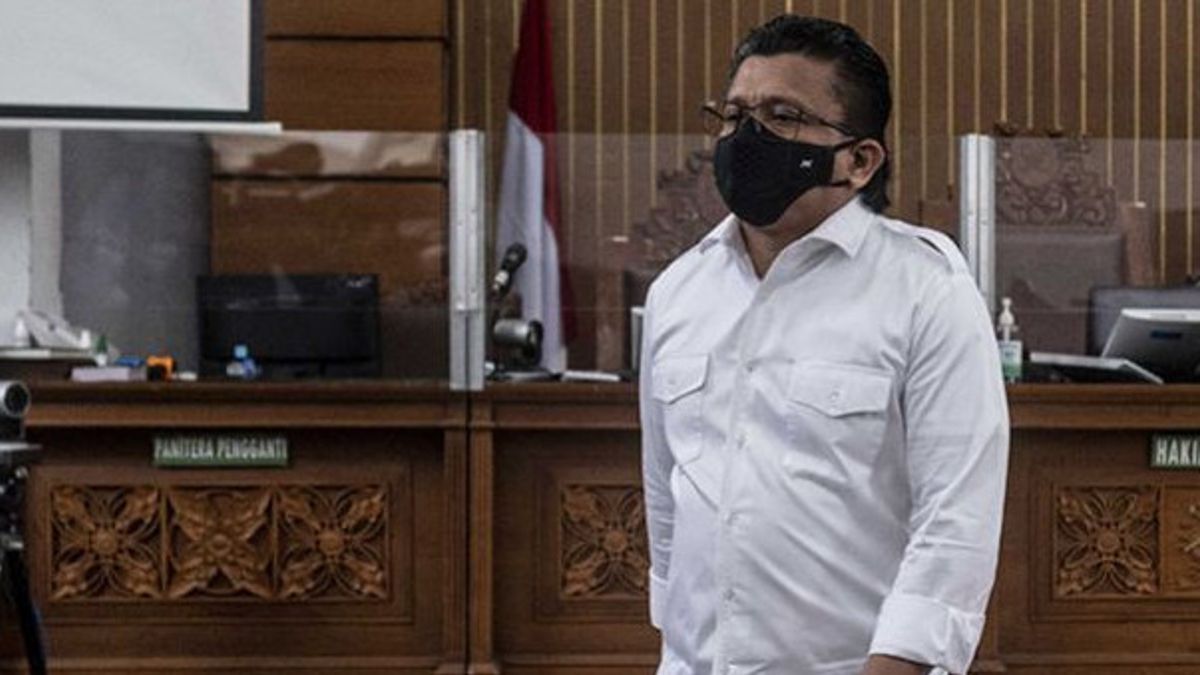JAKARTA - The spokesperson for the Socialization Team, Albert Aries, denied that the new Criminal Code was drafted so that Ferdy Sambo could escape the death penalty.
"We need to emphasize that this issue is completely untrue," said Albert in a statement received in Jakarta, Friday, February 17 as quoted by Antara.
Albert added that the provision for capital punishment with probation for 10 years had already been introduced in the 2015 version of the draft Criminal Code, long before the case of the murder of Brigadier Nofriansyah Yosua Hutabarat was rolled out.
This provision, he continued, refers to the legal considerations of the Constitutional Court (MK) Decision Number 2-3/PUU-V/2007 page 430, namely the death penalty is no longer a principal punishment, but a special and alternative punishment; so that it can be dropped with a probationary period of 10 years.
If the death row convict behaves well, the sentence can be changed to life imprisonment.
"To link the Sambo case with the death penalty provisions in the new Criminal Code is an erroneous assumption, because the case also does not yet have permanent legal force," he said.
Another issue that needs to be clarified, he added, is related to the phrase "good behavior" of death convicts who depend on a "magic letter" from the head of the penitentiary (kalapas).
Albert explained that the change in the death penalty to life imprisonment was given after obtaining consideration from the Supreme Court (MA) as well as passing a series of objective assessments from the Ministry of Law and Human Rights (Kemenkumham) and related institutions during a 10-year probationary period.
"With the enactment of the National Criminal Code in January 2026, don't take this to mean that it will abolish the implementation of the death penalty," said Albert.
SEE ALSO:
For all death row convicts, whose cases have permanent legal force but have not been executed when the National Criminal Code comes into effect, then Article 3 of the National Criminal Code (lex favor reo) applies which states that in the event of a change in statutory regulations, after the act has occurred, new regulations shall be applied, except old rules "beneficial" for the offender.
Therefore, the Government will prepare "transitional" provisions to calculate the "waiting period" that death row convicts have served.
In addition, there will also be an assessment related to changes in attitude and commendable actions of death row convicts objectively, as a guarantee of just legal certainty and protection of human rights.
The English, Chinese, Japanese, Arabic, and French versions are automatically generated by the AI. So there may still be inaccuracies in translating, please always see Indonesian as our main language. (system supported by DigitalSiber.id)

















